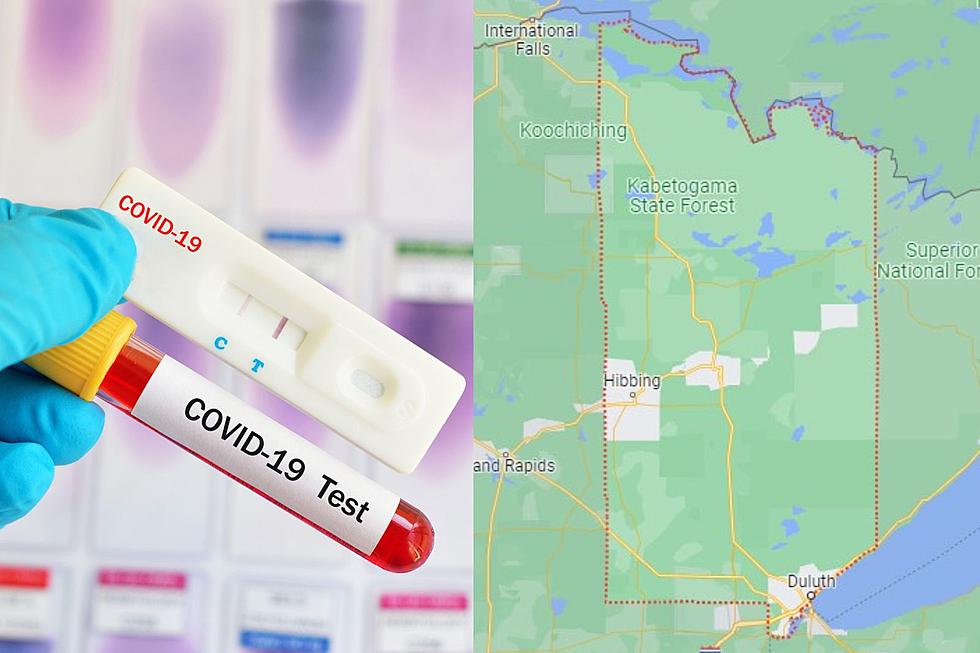
St. Louis County ‘Retires’ COVID-19 Dashboard – Signaling The End Of A Chapter, Here’s A Look Back With Statistics
Although many health experts agree that it was around as early as late 2019, the middle of March 2020 signaled the beginning of the COVID-19 Pandemic - at least as far as the public health response. Now three years into it - and with stable numbers - an important local agency is signaling the changing of a chapter in regards to the response.
The St. Louis County Public Health Department has used the three year anniversary as the point to "retire" it's online COVID-19 Dashboard. It was three years ago that the county declared a local state emergency, and established the Emergency Operations Center as a means of responding the global pandemic.
According to details released as part of "retirement" information, the "COVID Community Level in St. Louis County has remained low for three consecutive months". That has led the county's Public Health Department to "largely transition....to more traditional services".
In place of the COVID-19 Dashboard that greeted visitors to the Public Health Departments website, there is now a story-map that details the three year response that involved staff and countless community partners.That story map can be found on the St. Louis County website.
Sobering as some of them may be, the local statistics are interesting. Here is just a small sample of some of the three-year COVID statistics being made available by St. Louis County:
- 60,000-plus laboratory-confirmed cases
- 3,000-plus hospitalizations
- 600-plus deaths
- 48,000 doses of vaccines were administered
- 640 different clinic sites were open to provide those vaccines
- 86 volunteers donated their time at county vaccine sites
- 9,300 hours of volunteered time was invested at county vaccine sites
- 487 organizations received attention from the counties 2 Infection Control Specialists. Those organizations included long term care/skilled nursing facilities, child care centers, camps, large events, community clubs, and businesses
- 160,000 pieces of Personal Protective Equipment (PPE) was distributed
- 8 isolation/quarantine sites were established for people experiencing homelessness who needed a safe place to recover, isolate, or wait for test results
St. Louis County Board Chair Patrick Boyle offered commentary as the next era of the pandemic starts:
"The last three years have been a tremendous challenge for all of us. We know COVID-19 is still here, but vaccinations and treatments have made it manageable, so this is a good time to reflect on all that it took to get us here, and the important contributions from so many people and organizations throughout St. Louis County. There is no doubt in my mind that County staff, with the complement help of volunteers, saved lives."
In his role, Boyle oversaw the Health and Human Services Committee for St. Louis County during the larger part of the COVID-19 Pandemic.
